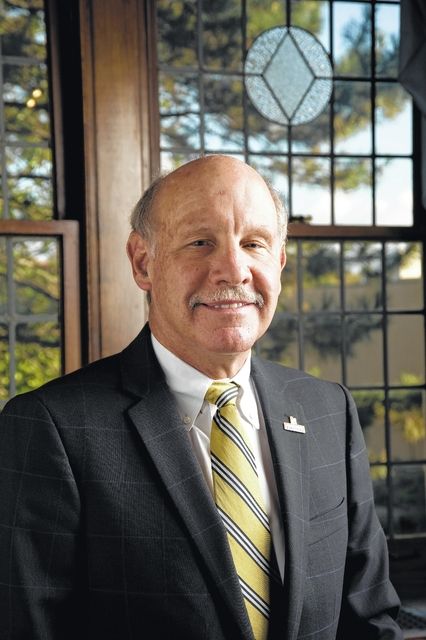Click here to subscribe today or Login.
Whether it be the United Kingdom’s decision to exit the European Union, or U.S. policies designed to maintain and grow manufacturing jobs in the United States, the rationale for doing so is similar.
Cheaper labor in, or from, other countries are stealing domestic jobs.
Clearly some low-paying and relatively low-skilled jobs are being shifted to other countries. However, the primary driver of the shrinking job market in this and other industrialized countries is automation, not cheap foreign labor. Robots and algorithms are replacing American workers, not foreigners. This has been the case since the 1960s when the number of manufacturing jobs in the United States peaked. Since then, relatively low-skilled but high-paying jobs in America’s automobile plants and other large manufacturing operations leveled off and then declined.
Today, many blue-collar workers are hurt much more by the lack of skills than foreign workers. The unskilled assembly line worker is being replaced in the advanced manufacturing world which requires skills most of these workers do not possess. All the border taxes/tariffs and other protective measures will not reduce job losses due to the growth in technology. In fact, they may hasten the problem by raising the prices of manufactured goods, thereby hurting all consumers, particularly the unemployed. In the long run, these restrictive policies will also slow economic growth, assuring that unskilled and skilled labor alike will have fewer job opportunities.
Years ago, I was involved with teacher training in Marion, Ind. The teachers reported that their students were capable but uninspired. They saw high school as a rite of passage between adolescence and their first and, most thought, lifelong, job in a manufacturing plant associated with automobile industry. Most of the students had families, some multi-generational, who worked in these plants. The students knew that once they graduated they could figuratively, and in some cases literally, walk across street and be hired. These were good-paying jobs that required basic mechanical and electrical skills, but little beyond that.
It goes without saying that those days are long gone. However, the inherent work ethic and innovativeness that grew American productivity in most of the 20th century is still alive. But, the basic set of entry-level knowledge considered minimal to function in these jobs has increased substantially, and few possess it. To overcome this gap, three things must be accomplished:
• New and better worker retraining programs need to be put in place and the sooner the better. These training programs must be offered in conjunction with regional employers and be focused upon employer designated skill development. All too often, state and federal government-funded job-training programs operate autonomously from the very firms for which workers are supposedly being trained. Today, viable training programs necessitate constant communication between the job trainers and regional employers along with an apprentice-style training on the actual site. That training needs to be continually woven into the job itself in order for workers to keep pace with new technologies.
• In the longer run, the quality of elementary and secondary education simply needs to be improved. We know that U.S. students continually score lower on international tests in math, science and other subjects than do students in other countries. It is no wonder that a recent poll of foreign exchange students studying in the United States shows that they believe the American high school curriculum is significantly easier than in their home countries. American schools simply must do better.
• Americans must come to appreciate and appropriately recognize those who choose to pursue jobs in manufacturing. Looking down our collective noses at those who choose manufacturing jobs over white-collar jobs will only discourage those with a propensity to produce products to shy away from manufacturing and the trades.
America can be great, but only if its people are. This will necessitate rigorous school curricula and high-quality training programs jointly undertaken by schools and the companies who employ their graduates.





